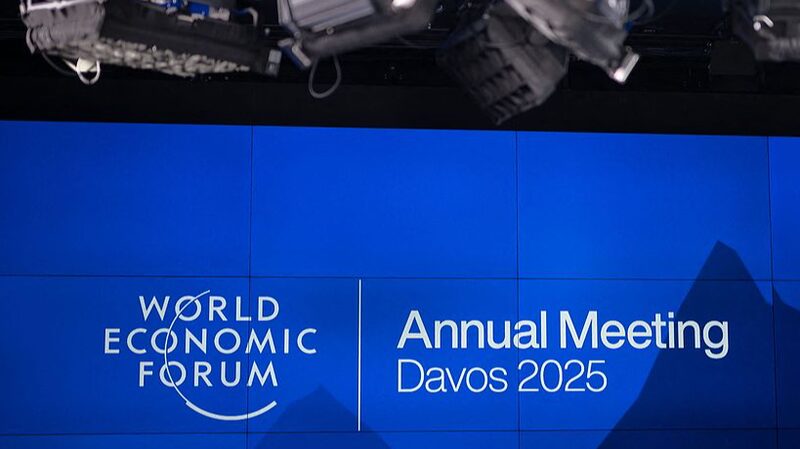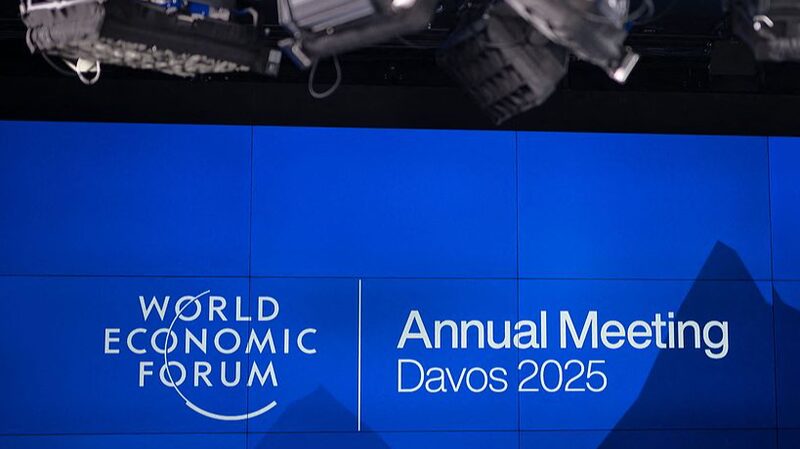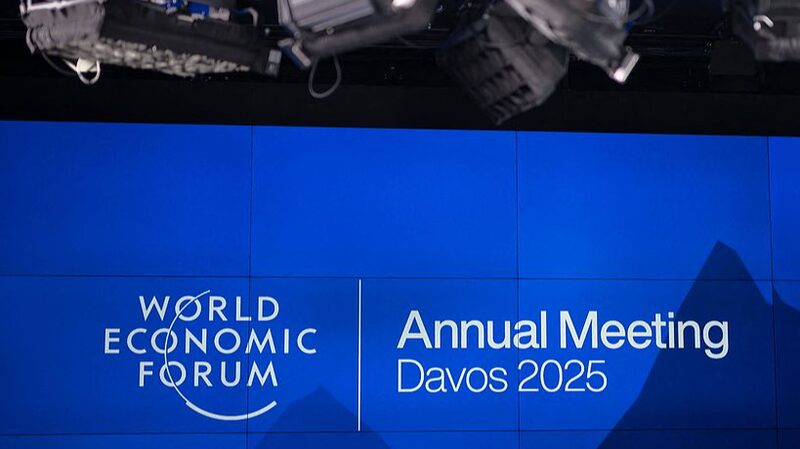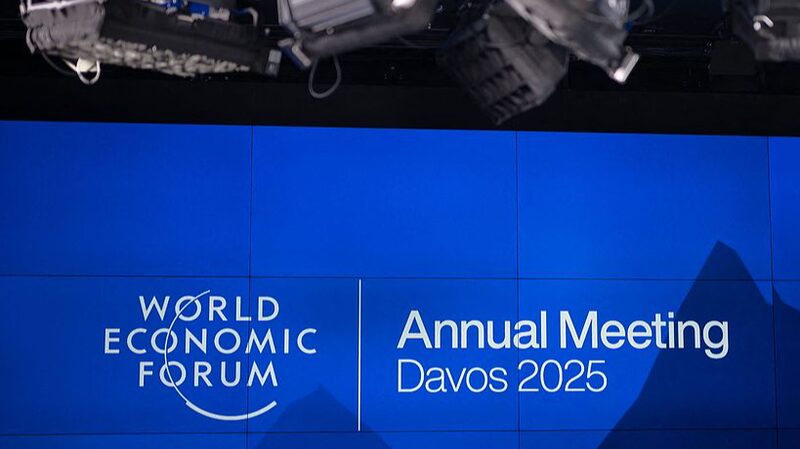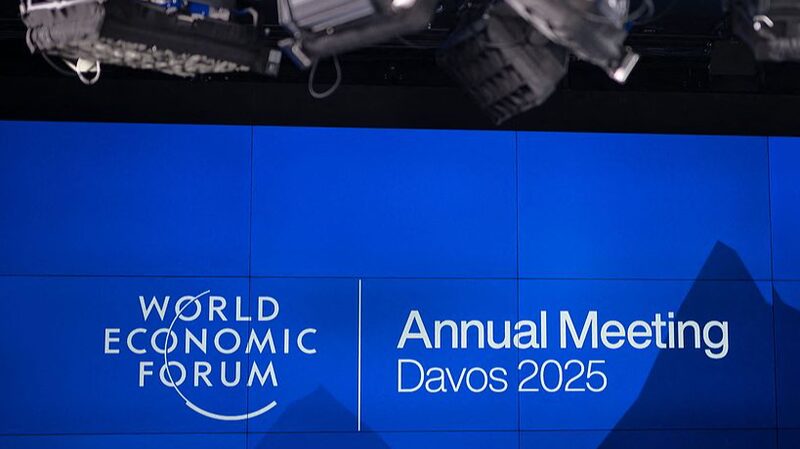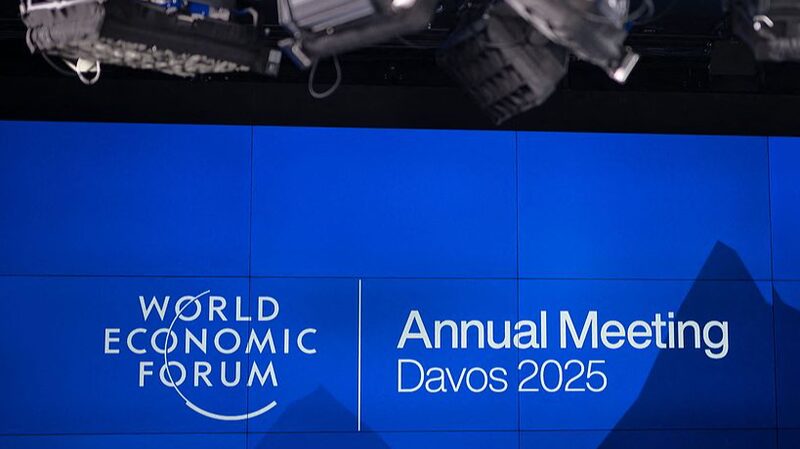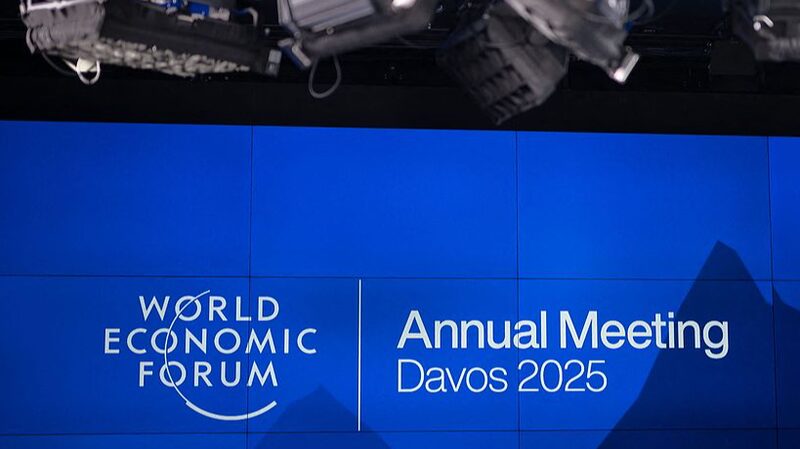The World Economic Forum (WEF) annual meeting is set to take place from January 20 to 24 in Davos, Switzerland, bringing together close to 3,000 leaders from politics, academia, and business, including 60 heads of state and government. This year's gathering is poised to be one of the most significant in the forum's history, addressing critical global challenges and opportunities.
Throughout its history, the WEF has sparked numerous bilateral and multilateral discussions aimed at exploring and addressing issues of global importance. In 1992, for instance, Nelson Mandela and F.W. de Klerk met outside South Africa for the first time at Davos, a handshake that symbolized a turning point in the fight against apartheid. Similarly, in 1998, amid a financial crisis, the idea of creating a regular dialogue platform between developed and developing nations emerged, eventually laying the groundwork for the Group of 20.
The increasing gap between aspirations and anxieties was evident last year, and the agenda for Davos 2025 is anticipated to be even more critical. Geopolitical and economic uncertainties, trade tensions, cultural polarization, and climate challenges are becoming increasingly complex and interconnected. At the same time, breakthroughs in quantum computing, biotechnology, and artificial intelligence are creating unprecedented opportunities to improve productivity, raise living standards, and reduce poverty and inequality.
Under the theme \"Collaborating for the Intelligent Age\", Davos 2025 will focus on how converging technologies are rapidly transforming our world, with the potential to both uplift and divide humanity. The forum will orient around five priorities: \"Rethinking Growth\", \"Industries in the Intelligent Age\", \"Investing in People\", \"Safeguarding the Planet\", and \"Rebuilding Trust\".
These priorities aim to foster inclusive dialogues and collaborative solutions to address the pressing challenges of our time. By rethinking growth, the forum seeks sustainable economic models that benefit all. \"Industries in the Intelligent Age\" will explore how technology can drive innovation across sectors. \"Investing in People\" emphasizes education and skills development to prepare the workforce for future demands. \"Safeguarding the Planet\" focuses on environmental sustainability, while \"Rebuilding Trust\" addresses the need for transparency and ethical governance.
As leaders convene in Davos, the world watches with anticipation for breakthroughs that can shape a more prosperous and equitable future. The collaboration and discussions at Davos 2025 are expected to pave the way for global strategies that harness technological advancements for the common good.
Reference(s):
cgtn.com
